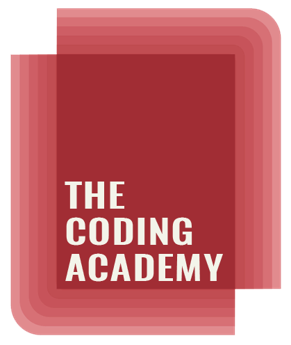2. Blood and blood cells
Blood consists of a suspension of cells in a clear fluid known as plasma.
The plasma consists mainly of water in which various chemicals are dissolved, including:
- some proteins,
- inorganic salts,
- glucose and other nutrients,
- urea and other waste products,
- hormones and
- enzymes.
The blood cells consist of:
- red blood cells erythrocytes
- white blood cells leucocytes
- platelets
Erythrocytes are packed full of a protein called haemoglobin. They play a vital role in transporting oxygen from the lungs to the tissues, and carbon dioxide from the tissues to the lungs for excretion.
Leucocytes are important in defending the body against infection. There are five different types - you may come across neutrophils, eosinophils, basophils, lymphocytes and monocytes.
Platelets also known as thrombocytes - are small fragments of protoplasm. They are important in the repair of blood vessels and the clotting of blood.
